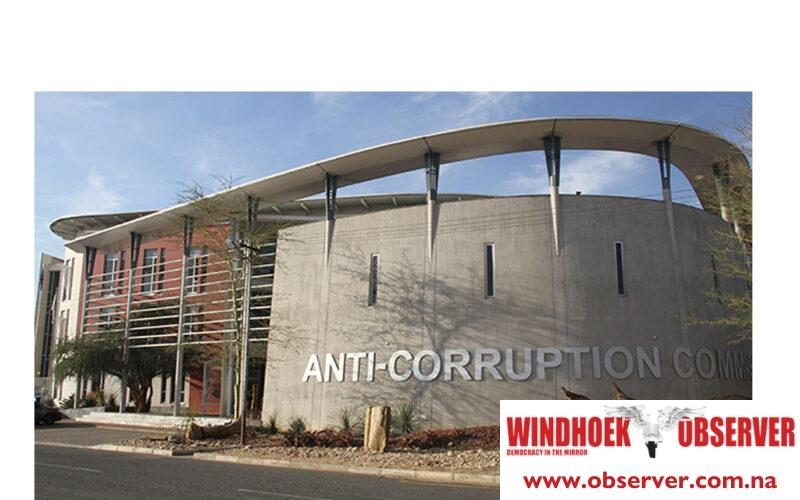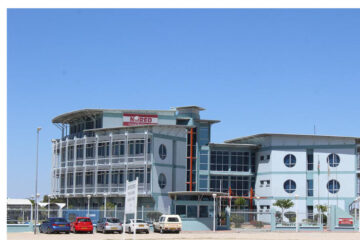Mallex Shipanga
The Institute for Public Policy Research (IPPR) and the Anti-Corruption Commission (ACC) have called on the nation to strengthen efforts to combat corruption.
The two institutions issued the call on 9 December, which is observed as International Anti-Corruption Day.
The United Nations (UN) established International Anti-Corruption Day on 9 December to raise awareness about and combat corruption.
According to the IPPR’s executive director, Graham Hopwood, corruption exacerbates inequality, undermines development, and weakens public trust by diverting resources meant to improve lives.
Through the Integrity Namibia Project, he encouraged the public to combat corruption and strengthen integrity in various ways.
Hopwood explained the importance of the law in combating corruption.
“Amend the Anti-Corruption Act to enhance independence, introduce term limits for the ACC leadership, and ensure a transparent appointment process. Fast-track the implementation of the Whistleblower Protection Act and the Access to Information Act. Ensure strict compliance with the Public Procurement Act through enhanced oversight and enforcement,” he said.
Hopwood also called for the amendment of the Marine Resources Act to ensure transparency in fisheries.
“Amend the Marine Resources Act to promote openness and accountability in the fisheries sector,” he said.
He suggested that the public join existing anti-corruption organisations and rejuvenate anti-corruption mechanisms to ensure transparency across various sectors.
“Support Namibia’s membership in the Extractive Industries Transparency Initiative (EITI) for oil, gas, and mining. Strengthen the African Peer Review Mechanism (APRM) framework to deliver on the National Programme of Action launched in 2024, fostering collaboration among government, private sector, and civil society,” said the Hopwood
He also called for the implementation of asset declarations to help combat corruption.
“Make declarations of interests and assets by ministers publicly accessible. Establish robust asset declaration systems for senior public officials and MPs. Intensify efforts to recover stolen assets from foreign companies linked to corruption cases, such as the Fishrot scandal involving Icelandic company Samherji,” said Hopwood.
The governor of the Kavango East Region, Bonifatius Wakudumo, spoke up against corruption in Namibia.
“We commit to adopting and enforcing policies that prevent and penalise corruption,” he said.
The Anti-Corruption Commission (ACC) has opened an office in Rundu to cater to corruption in 3 regions: the Kavango East, Kavango West, and Zambezi Regions.
“The opening of this Anti-Corruption Commission Office here today is a testament to our unwavering commitment to the ethical and integrity principles of good governance, accountability and transparency,” he said.
The AAC will focus on receiving, initiating, and investigating allegations of corrupt practices as well as taking proactive measures to prevent corruption in both public and private bodies and educating the public on matters of corruption.
“I am sure that this office will serve our nation diligently, as empowered and mandated by the Anti-Corruption Act of 2003,” Wakudumo said.
The director-general of the AAC, Paulus Noa, commented on the commission’s efforts to fight against corruption nationwide.
“To date, the commission has referred 817 dockets to the Prosecutor-General’s Office for a decision to prosecute, resulting in 413 cases concluded in criminal courts while other cases are still pending decision or dealt with differently,” he said.




